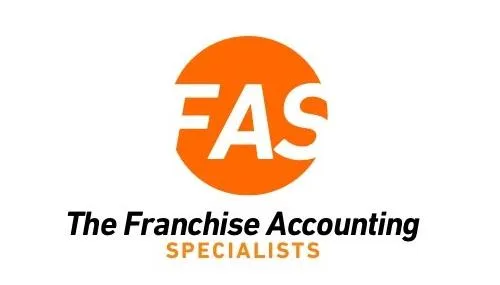
Beginner’s Guide to Starting Your Own Franchise Business – Part Two: Tax
In part one, we considered which form of franchise business you’d like to establish. Now comes the time to think about tax.
For most new franchisees, tax can seem like a confusing maze of different things to remember. There are a range of considerations for what tax you pay and when, many of which will be new to you if you’ve always been an employee.
Registration
All self-employed people must register their business with HM Revenue and Customs (HMRC).
There are a few simple ways to do this:
1. You can register for a Government Gateway account, which enables you to do your tax return online every year
2. You can also complete an on-screen form to register
3. Or by phoning the HMRC hotline
If you’ve set up a Limited Company, you are not self-employed – you are a company director. In this case form CT41G is sent to the Company’s registered office for completion by the Directors. Its purpose is so that the Directors can provide HMRC with information about themselves and their company.
Personal Taxes
Income tax is the tax you pay on the profits you make from self-employment and other income such as from other employments and dividends. You have a tax-free personal allowance, to set against this income (£12,579 for 2025/26). Don’t forget tax is no longer deducted from your pay, as it was when you were employed. You’ll need to put money aside to pay your tax bill yourself. Your self-assessment tax is due on the 31st January following the end of the tax year.
National Insurance (NI), although not a tax in name, is money paid to government to fund state benefits. As a self-employed person, if your profits are £6,725 or more a year, Class 2 contributions are treated as having been paid to protect your National Insurance record. This means you do not have to pay Class 2 contributions. If your profits are less than £6,725 a year you do not have to pay anything, but you can choose to pay voluntary Class 2 contributions. The Class 2 rate for tax year 2024 to 2025 is £3.45 a week. If your profits are more than £12,570 a year, you must pay Class 4 contributions.
Business Taxes
Limited companies pay corporation tax on the profits of the franchise business. The Corporation tax rate is currently 19%.
Business rates may be payable if your franchise business is in an office or shop. It’s similar to the council tax on personal homes. You should check with your local council to see if you qualify for small business rate relief, which can be up to 100%.
VAT
VAT is a tax on consumer expenditure and is ultimately paid by the final customer. VAT returns are submitted to HMRC every quarter by all VAT-registered businesses.
You will also need to consider if it’s beneficial to be VAT registered from the outset. If you decide to register you can do so online at: https://www.gov.uk/register-for-vat.
VAT is rated in these ways:
1. Standard goods or services are rated at 20%
2. Certain supplies of fuel and power and sanitary goods are rated at 5%
3. Most food and agriculture, printed matter, such as books and newspapers, young children clothing and footwear and passenger transport are considered “essentials” so are zero Rated.
4. There are also exempt supplies such as Health, Education and Welfare.
All franchise businesses with a turnover in excess of £90,000 must register for VAT. Turnover is measured on a 12-months rolling basis, or if the trader suspects they may exceed the threshold in a single 30-day period.
Payroll
If you plan on becoming an employer, then setting up a payroll from the start is a must, and often, as franchise owners, we can forget that we need to be paid too! HMRC have some useful tips and our team at the Franchise Accounting Specialists will help you set up and maintain an efficient payroll system for your business.
As your franchise business begins and as it starts to grow, an accounting system that provides you with appropriate information is a vital for success. Whether you are a sole trader or corporation, the Franchise Accounting Specialists have made it simple for you with a range of packages suitable for every type of business. Get in touch with us to see how we can help: https://franchiseaccountingspecialists.co.uk/contact
Part Three in this series is all about the financial management of your franchise business.

